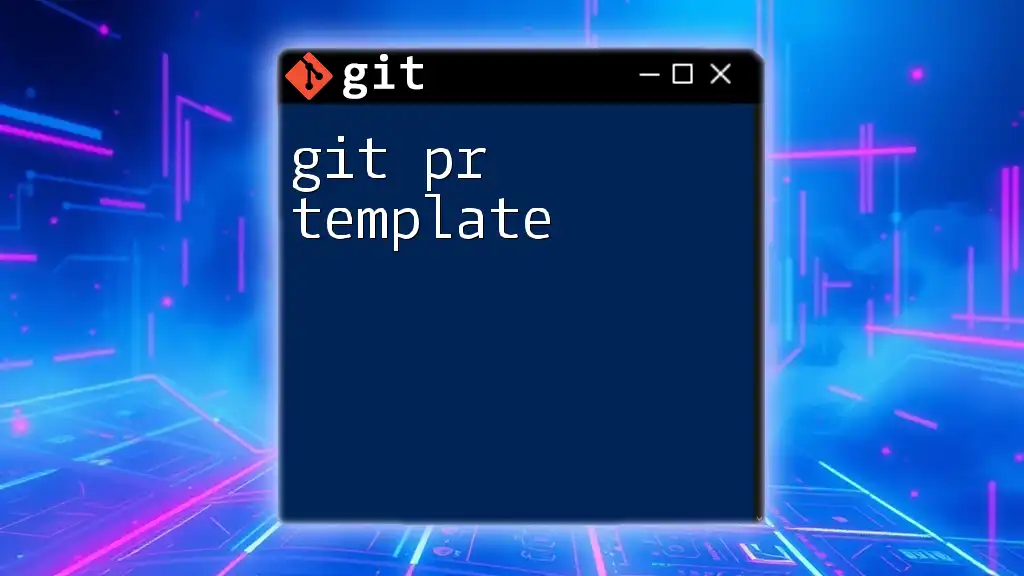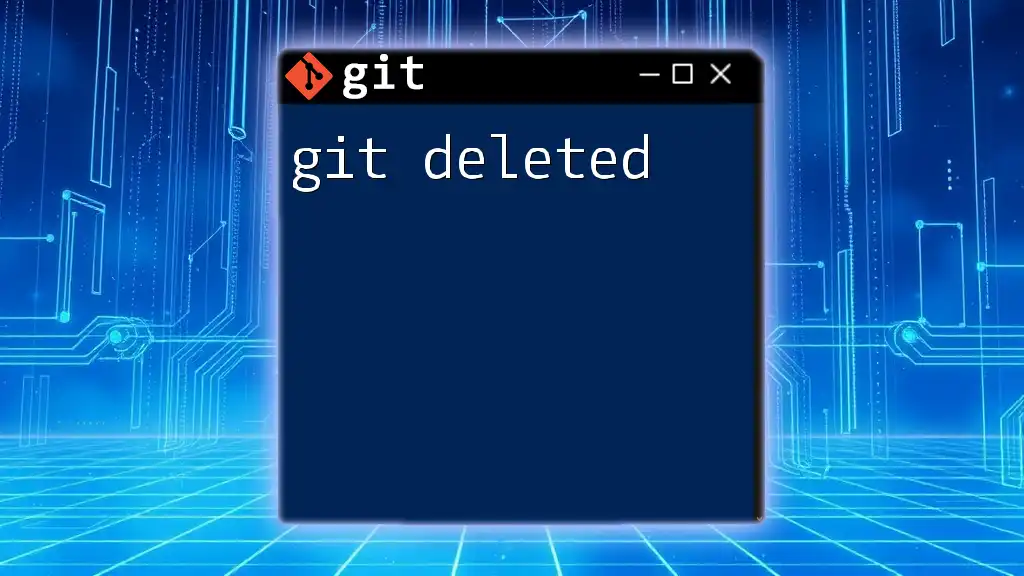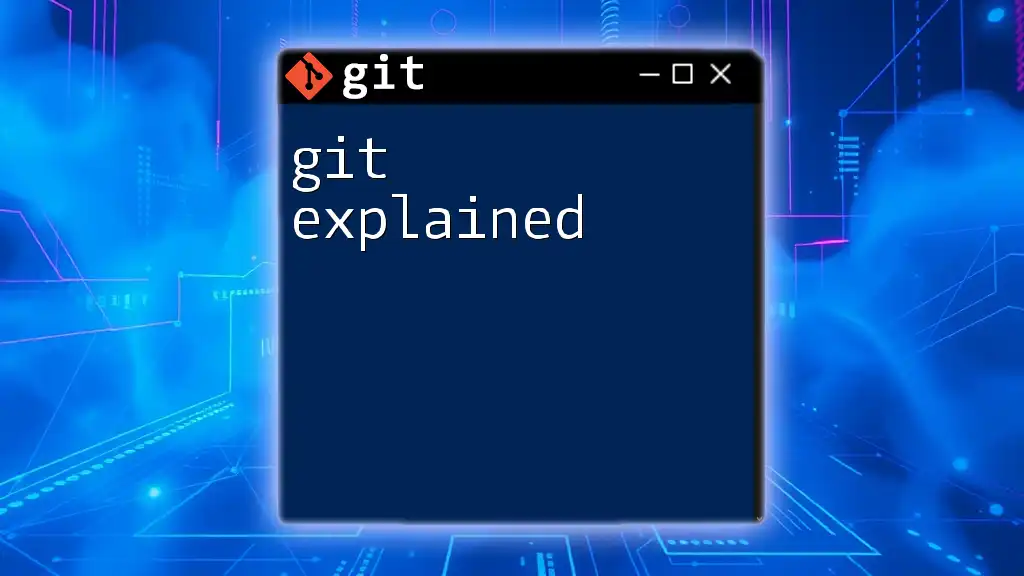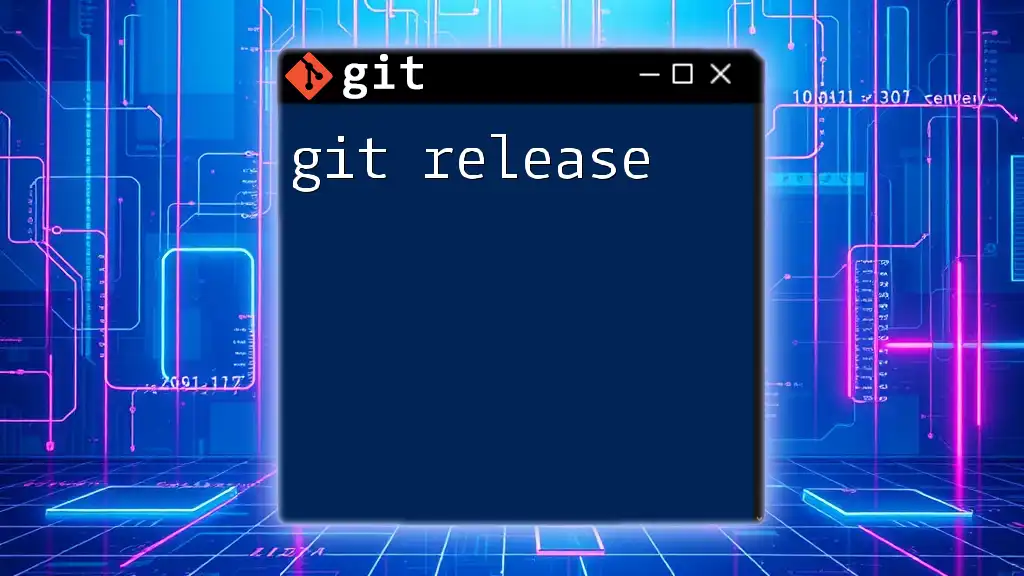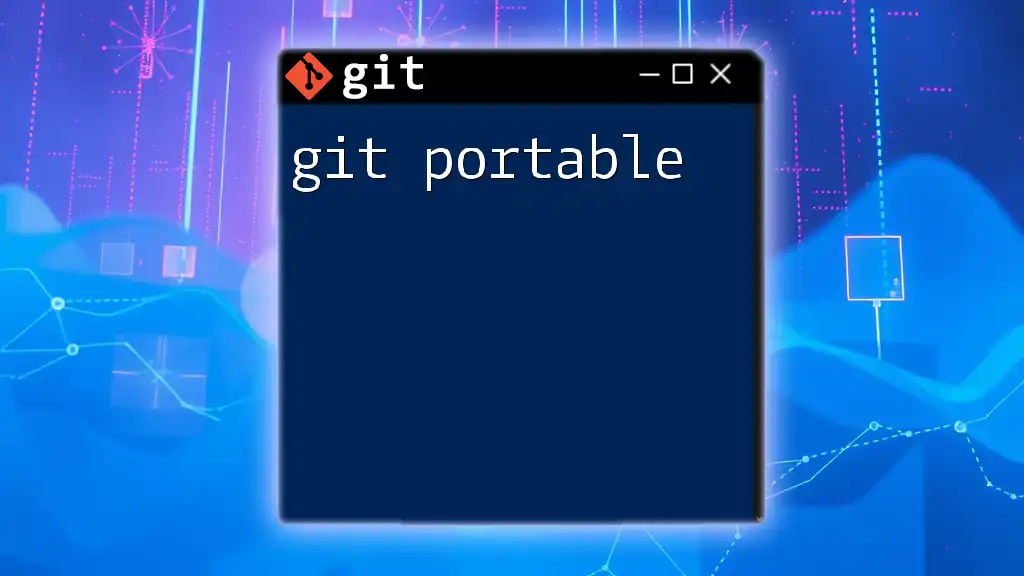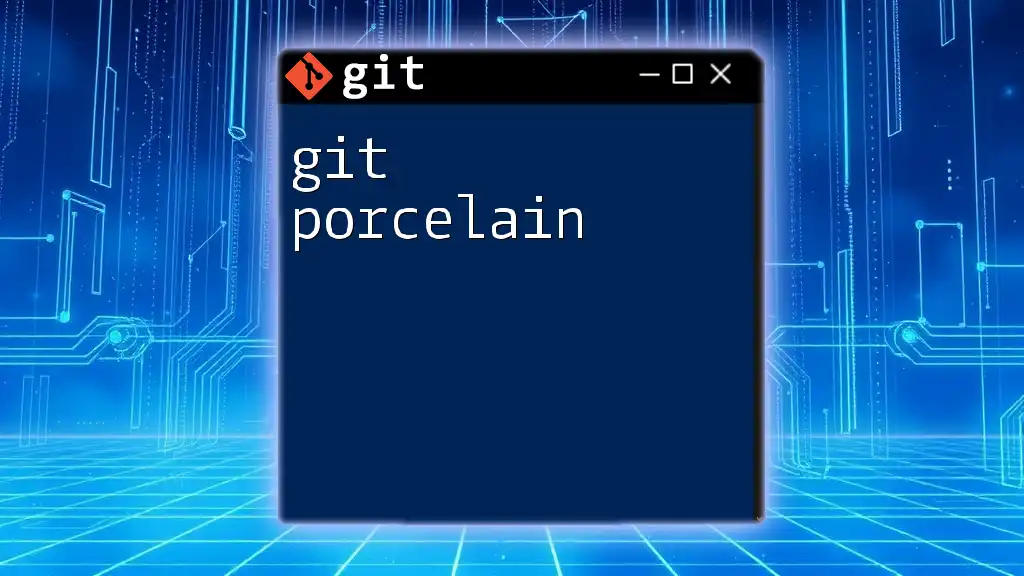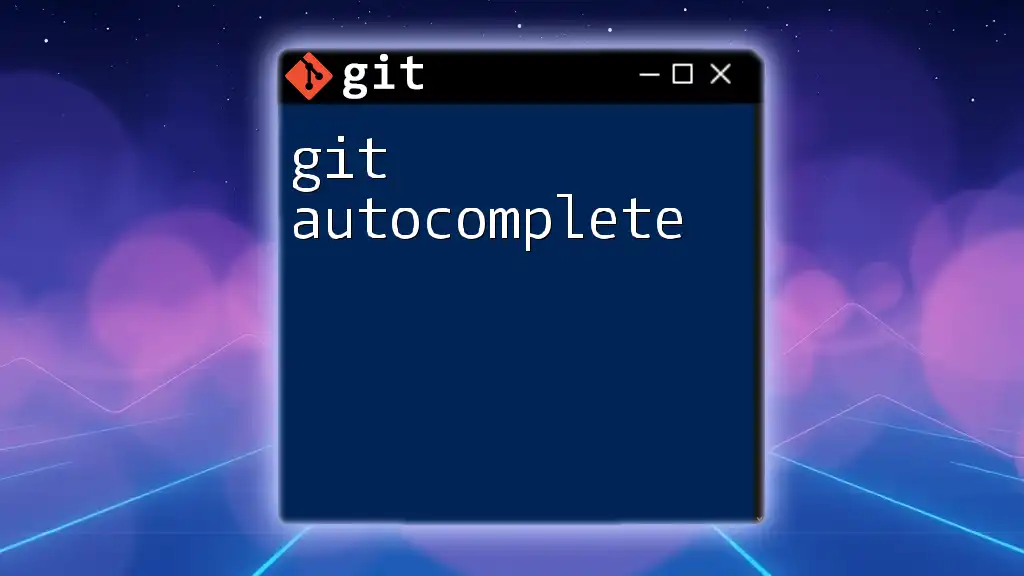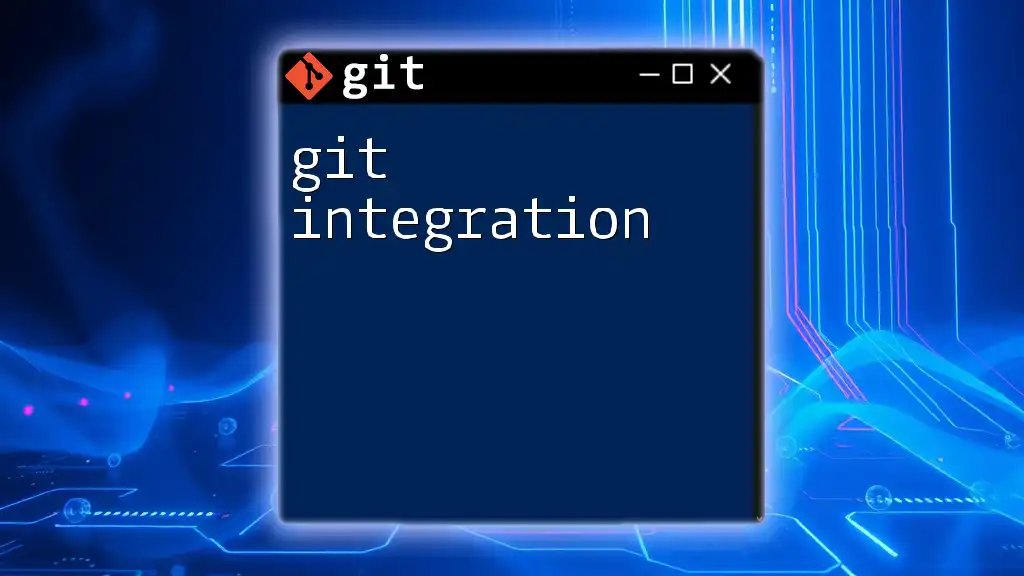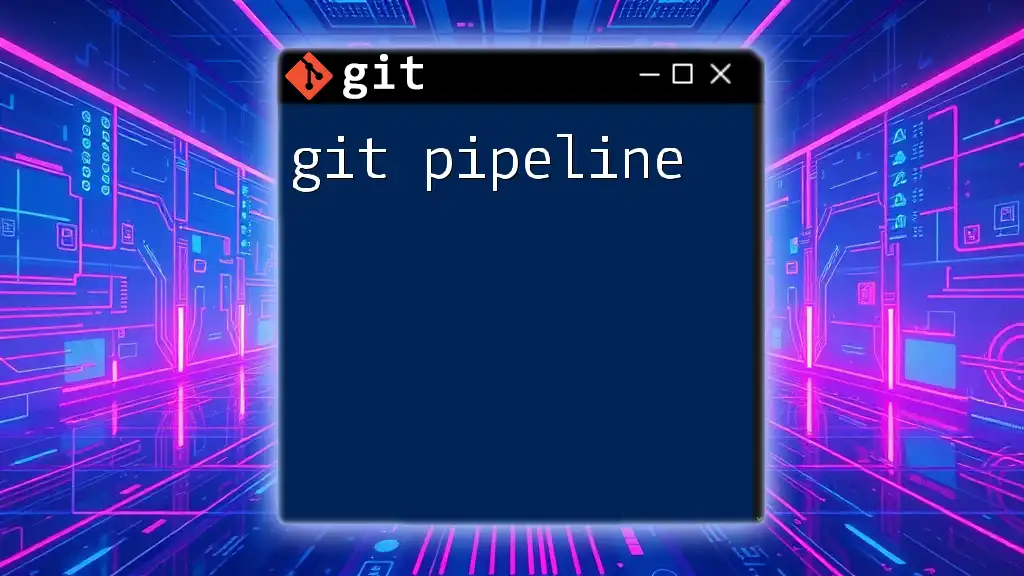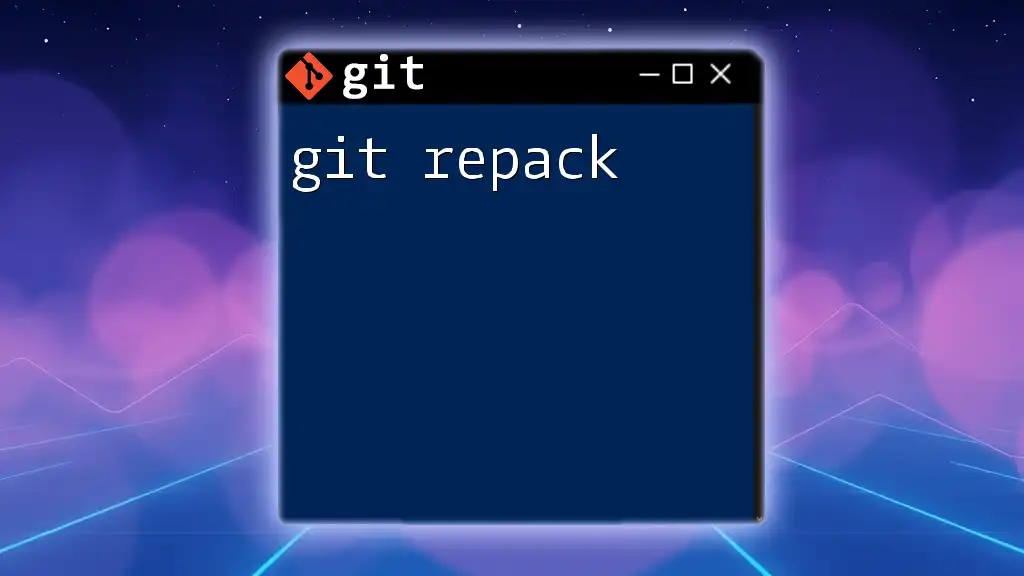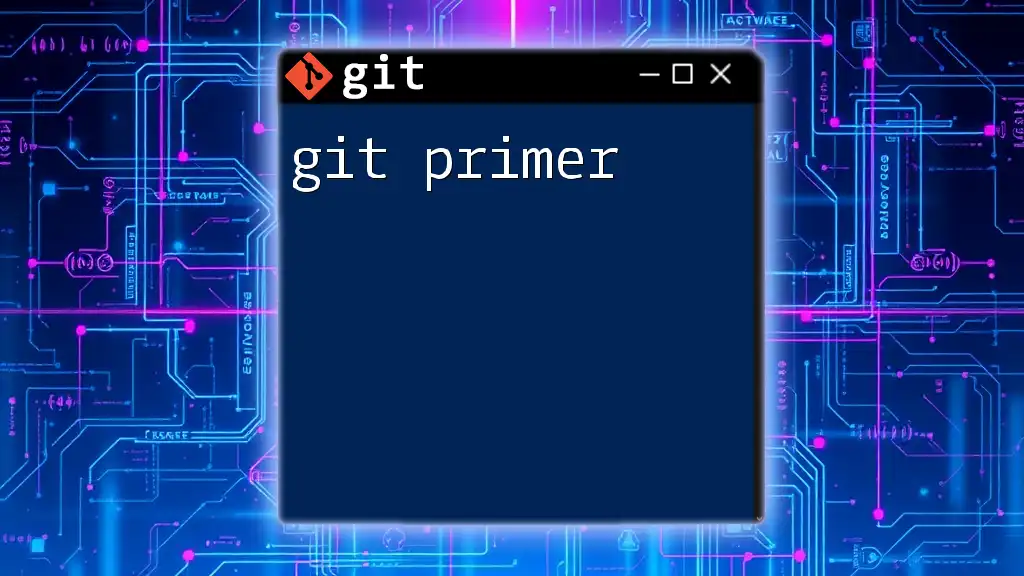A Git pull request (PR) template helps standardize the information contributors include when they propose changes to a project, ensuring clarity and completeness.
Here's an example of a simple PR template in markdown format:
## Description
_[Provide a brief description of your changes]_
<InternalLink slug="git-template" title="Quick Guide to Git Template Mastery" featuredImg="/images/posts/g/git-template.webp" />
## Related Issue
_[Link to the related issue if applicable]_
<InternalLink slug="git-template-repository" title="Mastering Git Template Repository: A Quick Guide" featuredImg="/images/posts/g/git-template-repository.webp" />
## Checklist
- [ ] Code is clean and follows the project's coding standards
- [ ] Documentation has been updated
- [ ] Tests have been added or updated
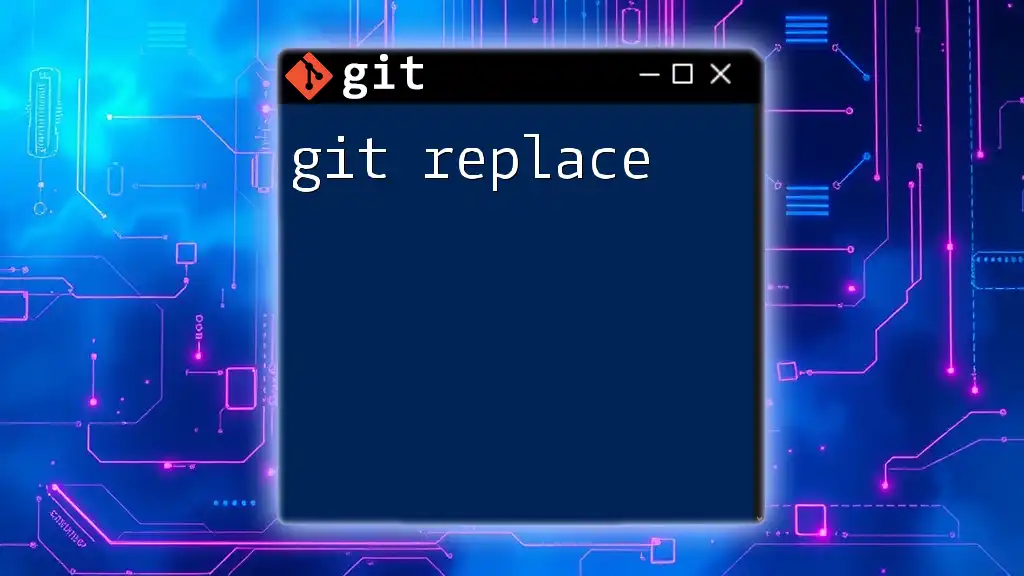
Understanding the Structure of a Git PR Template
A Git PR template serves as a blueprint that helps developers provide comprehensive context when submitting changes in a pull request. Understanding its structure can significantly improve the quality of your PR reviews and enhance team communications.
Elements of a Git PR Template
Title
A clear and descriptive title is crucial for quickly conveying the essence of your PR. Instead of vague titles like "Fix things," specificity matters. For instance, a title such as "[Feature] Add user authentication" directly informs reviewers about its purpose.
Description
The description gives insight into the purpose and details of the PR. It should succinctly summarize what has been changed and why. Following this format can help convey essential information:
This PR introduces user authentication to improve security and ensure a seamless login experience for users.
Related Issues
Linking your PR to relevant issues enhances traceability. Its relevance lies in showing connections between ongoing tasks. Utilizing phrases like "Fixes #123" not only addresses the issue at hand but also closes the issue automatically when the PR is merged.
Checklist
Including a checklist ensures that essential tasks are completed before merging. A common checklist might encompass code quality and documentation updates. For instance:
- [x] Code has been tested
- [x] Documentation updated
By ticking these items, you assure the reviewer that you’ve adhered to best practices and improved the likelihood of swift approval.
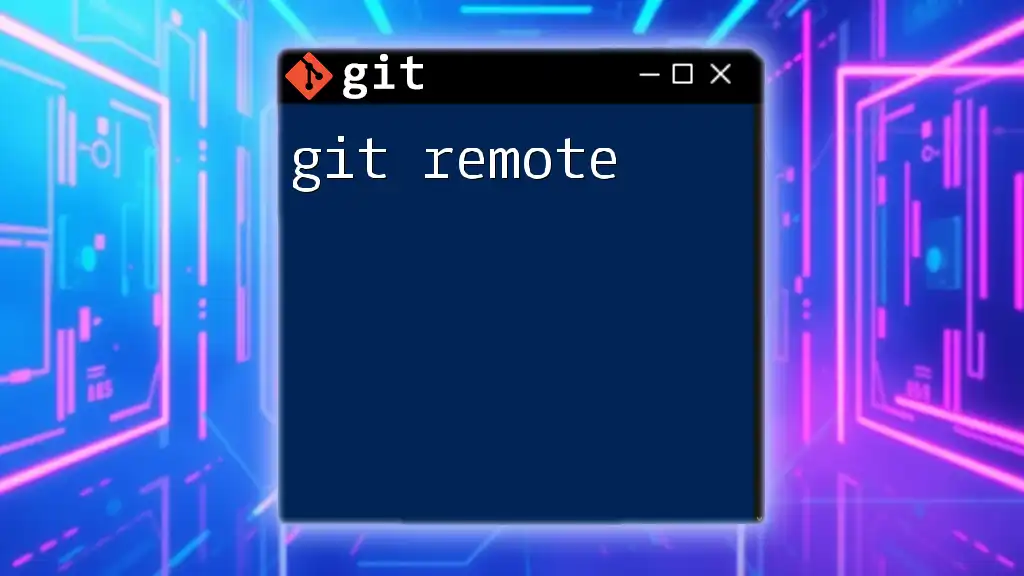
Setting Up Your Git PR Template
Creating an effective Git PR template involves several actionable steps.
Creating a PR Template File
Location and Naming Convention
Your PR template should be easily accessible, and the location is important. By placing it in `.github/PULL_REQUEST_TEMPLATE.md`, you ensure that anyone in your repository has immediate access to it when creating a PR.
Writing Your Template
Markdown Syntax
Markdown is your friend when crafting a PR template. It allows you to structure your content clearly. Use headers for organization, bullets for lists, and links for references. For example, a simple header structure like this enhances readability:
<InternalLink slug="git-prompt" title="Mastering Git Prompt: Quick Commands for Efficient Work" featuredImg="/images/posts/g/git-prompt.webp" />
## Description
Please include a summary of the changes and the issue fixed.
Making the Template Interactive
To ensure the template is functional, use placeholder text where users can fill in useful information. Encourage clarity in contributions. An example would be:
<InternalLink slug="git-renovate" title="Git Renovate: Upgrade Your Workflow with Ease" featuredImg="/images/posts/g/git-renovate.webp" />
## What does this PR accomplish?
_Fill in here_
This practice prompts the contributor to think deeply about the purpose of their changes before submission.
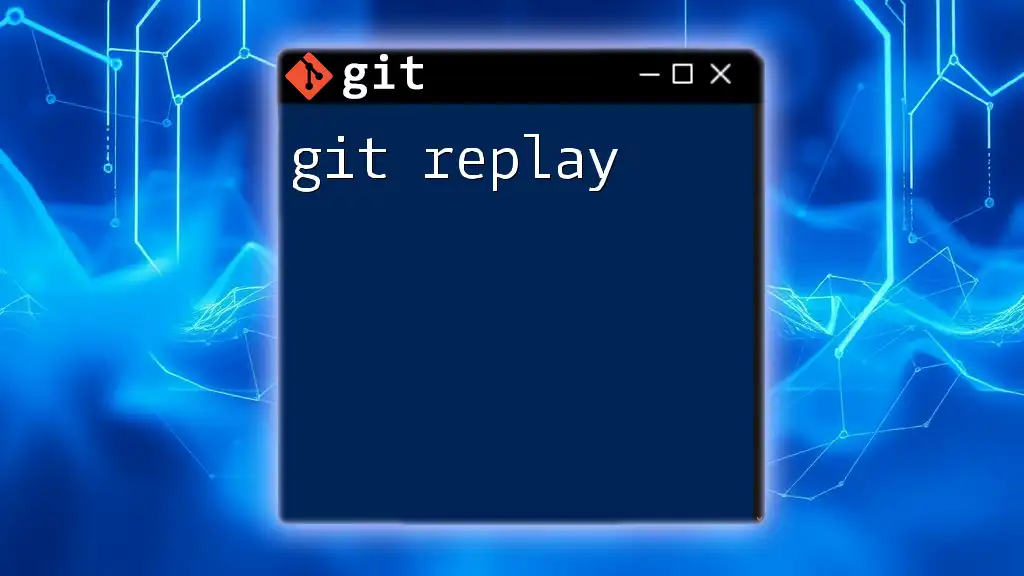
Best Practices for PR Templates
To maximize the efficacy of your Git PR template, adhere to the following best practices.
Keep It Concise
A PR template should not overwhelm contributors with information. The importance of brevity cannot be overstated; aim for clarity and simplicity to expedite the review process. Using a minimalist approach while still conveying essential information is key.
Customize for Your Team
Different projects may require unique PR templates. By tailoring your templates for various teams (such as development, design, or QA), you ensure that the required information is gathered effectively. For example, a design team might need sections focused on user experience and functionality, while a QA team would prioritize test coverage details.
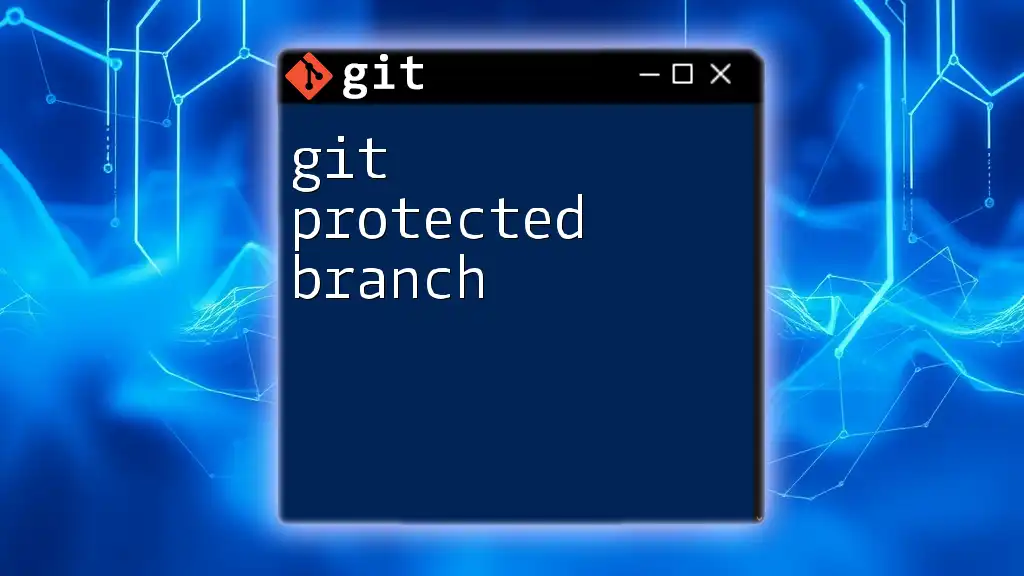
Example of a Successful Git PR Template
An effective PR template combines all the aforementioned elements into a cohesive document. Here’s a sample template you might implement:
# Pull Request Template
<InternalLink slug="git-replace-remote-origin" title="Git Replace Remote Origin: A Quick How-To Guide" featuredImg="/images/posts/g/git-replace-remote-origin.webp" />
## Title:
_Feature/Issue Brief_
<InternalLink slug="git-remove" title="Mastering Git Remove: Your Guide to Effortless Management" featuredImg="/images/posts/g/git-remove.webp" />
## Description
_What does this PR change?_
- Related Issues: _#123_
- Changes made: _List changes here_
<InternalLink slug="git-releases" title="Mastering Git Releases: A Quick Guide to Success" featuredImg="/images/posts/g/git-releases.webp" />
## Checklist
- [ ] Code is clean and follows guidelines
- [ ] Documentation updated
- [ ] Tests have been written/updated
<InternalLink slug="git-projects" title="Mastering Git Projects: Commands Made Simple" featuredImg="/images/posts/g/git-projects.webp" />
## Additional Notes
_Any other information that is helpful._
This template provides a structured approach that guides contributors toward providing essential information while allowing some degree of creativity in their descriptions.
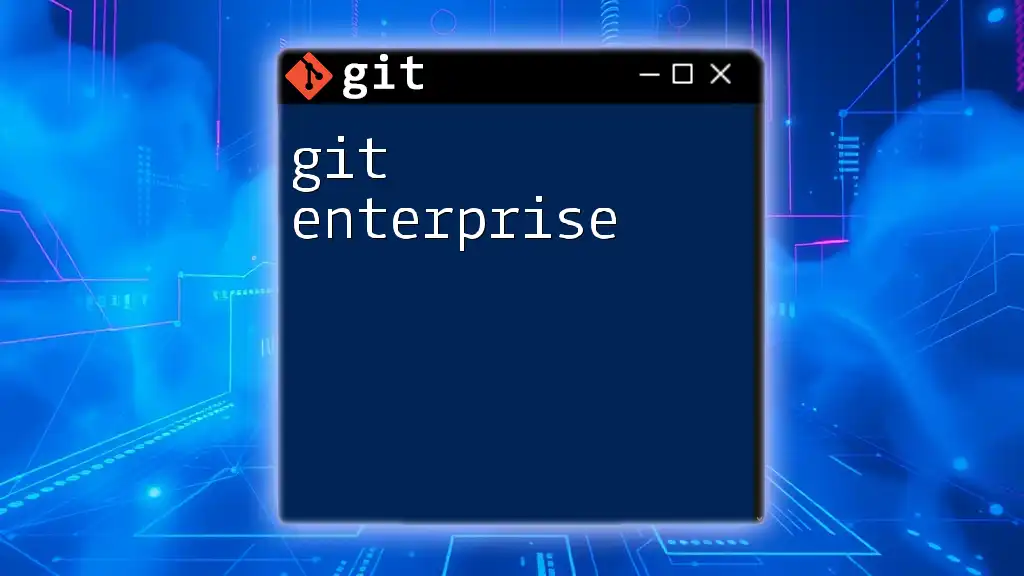
Updating Your Git PR Template
As your team and projects evolve, so should your Git PR template.
Review and Revise Regularly
The process of improving your PR template involves gathering feedback from your team. Regular check-ins, especially during retrospectives, can provide insights into what is working and what isn’t. Encourage open dialogue and adjustments as necessary.
Example of an Update Process
Integrating feedback from team meetings can lead to actionable improvements to the PR template. For instance, if contributors frequently mention a lack of clarity on certain aspects, revising the template to include clearer questions or guidance can enhance usability.
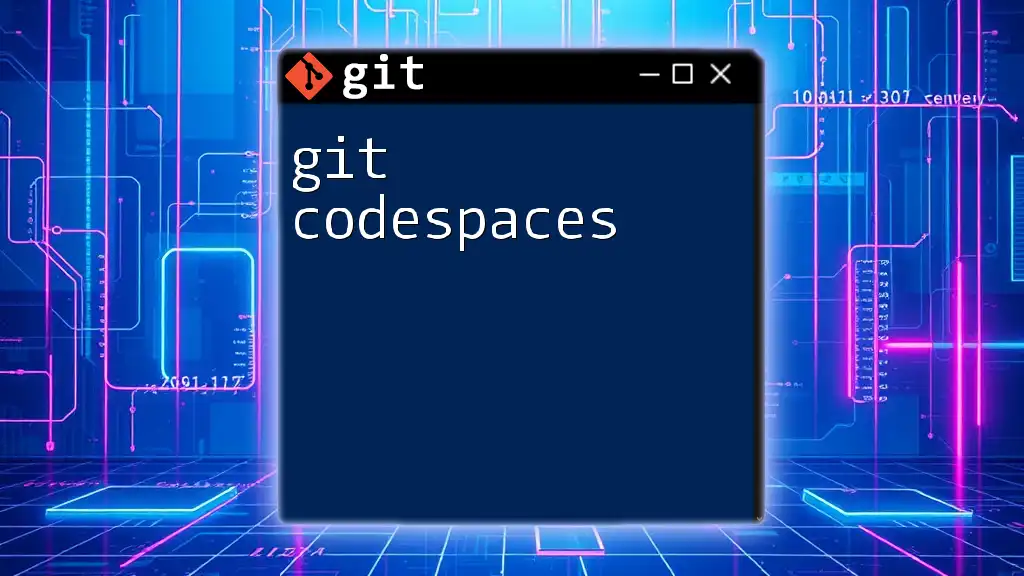
Conclusion
Having a structured Git PR template is not merely a convenience; it fosters effective communication and significantly increases the potential for high-quality code submissions. By ensuring clarity and consistency in PRs, teams can optimize their collaboration efforts and streamline the review process, ultimately leading to more efficient software development.

Call to Action
Now that you are equipped with the knowledge on how to create a comprehensive Git PR template, we encourage you to implement one in your repositories. Explore how this practice enhances your pull request process and share your experiences with your team. Embrace the opportunity to refine your contribution workflow!

